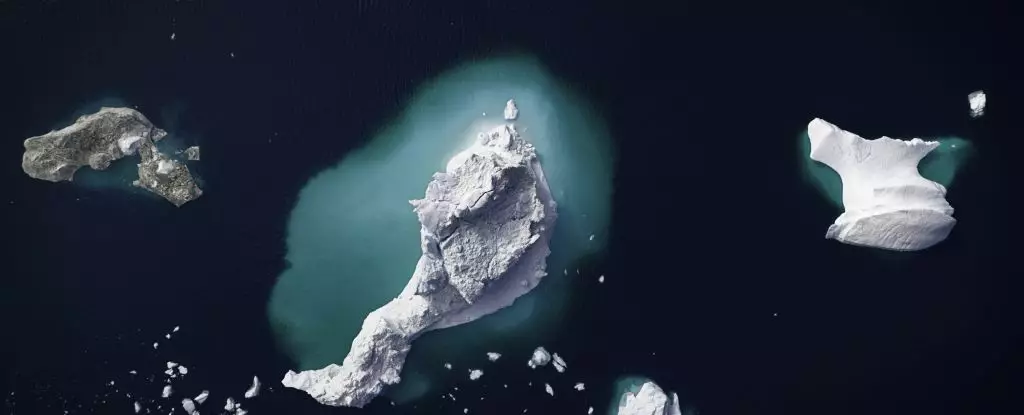The impact of global warming on our planet is profound and far-reaching. One unexpected consequence of this phenomenon is the redistribution of mass due to melting polar ice, which is having a direct effect on Earth’s rotation. A recent study has revealed that as the polar ice continues to melt at an alarming rate, the planet’s rotation is slowing down. This shift in rotation rate has significant implications for global timekeeping and has raised concerns about the need for future adjustments.
The Significance of Earth’s Rotation
Earth’s rotation plays a crucial role in various aspects of our daily lives. From timekeeping to communication systems and financial markets, many applications rely on the precision of global timekeeping. Any disruption in Earth’s rotation can have far-reaching consequences that extend beyond just the addition or subtraction of a second. The fact that melting polar ice is directly linked to changes in Earth’s rotation underscores the severity of the situation.
Coordinated Universal Time (UTC), which is based on atomic clocks, serves as the standard for timekeeping worldwide. The necessity of periodically adding or subtracting leap seconds to maintain synchronization with Earth’s rotation highlights the dynamic nature of our planet. The recent findings suggest that the need for a negative leap second may be delayed until 2029 due to the effects of melting polar ice, indicating a fundamental shift in how we perceive timekeeping.
Satellites orbiting Earth provide valuable data on changes in Earth’s gravity field, offering insights into the distribution of mass on the planet’s surface. The melting of ice caps in Greenland and Antarctica leads to the flow of water into the oceans, altering the distribution of mass and impacting Earth’s rotation. This connection between melting polar ice and changes in Earth’s rotation rate highlights the intricate relationship between environmental factors and planetary dynamics.
Potential Solutions and Recommendations
As we grapple with the effects of melting polar ice on Earth’s rotation, it becomes imperative to consider potential solutions to mitigate these consequences. The suggestion of never allowing a negative leap second, put forth by geophysicist Duncan Agnew, raises questions about the future of global timekeeping. While the deferral of a negative leap second may offer temporary relief, the long-term implications of accelerating mass transfer on Earth warrant further exploration and discussion.
The impact of melting polar ice on Earth’s rotation serves as a sobering reminder of the interconnectivity of environmental changes and planetary processes. The findings of the recent study shed light on the urgent need to address the consequences of global warming and their effects on Earth’s dynamics. As we navigate these challenges, it is essential to prioritize scientific research and collaborative efforts to safeguard the integrity of our planet and its delicate ecosystems.

Leave a Reply